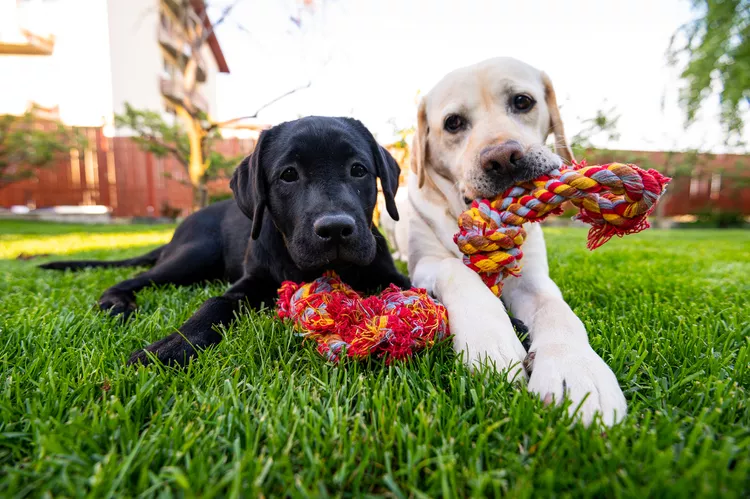
Puppies can be pretty adorable to begin with, but a puppy with the hiccups somehow manages to be that much cuter. Why do dogs hiccup and at what point should you be concerned?
Your dog's respiratory anatomy is actually quite similar to your own. Just like you, they have a diaphragm muscle that separates their chest space from their abdominal space and just like you, this smooth muscle is what allows your dog to breathe without even having to think about it. When the diaphragm contracts your dog inhales and when it relaxes your dog exhales. So when your dog's diaphragm spasms, just like when your own diaphragm spasms, it causes the body to quickly intake air, causing your dog to make a 'hic' sound as they breath in quickly through their mouth.
Sometimes, reverse sneezing may be confused for hiccups, but in fact these are two different behaviors entirely. Reverse sneezing occurs when your dog quickly and forcefully sucks air in through their nose. The sound this creates occurs at a much more rapid interval and has a different sound than the 'hic' sound created from a dog hiccuping.
Hiccups are most commonly seen in puppies. They can be seen occasionally in senior dogs and are less common in adult dogs.
Believe it or not, the true purpose and reason for the development of hiccups in dogs, and people as well, is unknown. That being said, there are some theories as to what can cause hiccups in dogs. Some purported causes include:
If your dog drinks or eats too fast, they are probably ingesting just as much air as they are water and food. Some think that all this air in your dog's stomach can put pressure on their diaphragm and cause hiccups.
Rambunctious play time, especially in puppies, can cause the participating dogs to breath very rapidly, which may trigger hiccups.
Stress may also trigger hiccups, since panting is a coping mechanism for dogs that are in distress. It should be noted, though, that other 'oral' behaviors, such as lip licking and yawning, are more commonly seen stress behaviors than hiccuping.
Most of the time, your dog's hiccups will be short lived and self-limiting, meaning they will go away on their own. If your pup seems miserable with their hiccuping, though, there are some things you can do to try to calm their diaphragm down.
You can try giving your dog a small amount of water to drink. Just be sure that they drink it slowly and calmly. You can also try gently massaging their chest area. This can help calm your dog down, especially if they completely relax on their back, like when getting belly rubs. Finally, if your dog gulps their food and water, consider feeding multiple, small meals a day as opposed to just one or two meals. You can also implement slow feed bowls and puzzle feeders to help slow down your dog at mealtime.
You may have heard to give your dog a spoonful of honey, maple syrup, or karo syrup. It's better for you not to do this, as many of these products contain a sweetener call xylitol that is toxic to dogs, causing life-threatening hypoglycemia (low blood sugar). These types of sugary syrups can also be harmful to diabetic animals. Though giving your dog one of these substances could go off without a hitch, it's better to be safe than risk potentially harming your pet.
Hiccups in dogs can be benign if they happen on occasion and stop almost as quickly as they start. If, however, your dog begins to develop regular, prolonged hiccups, especially in conjunction with other symptoms, you should consider checking with your vet. Symptoms such as coughing, sneezing, and/or heavy/trouble breathing when at rest in conjunction with hiccups may be indicative of a heart or a respiratory problem. If you see vomiting or diarrhea, that may be indicative of a gastrointestinal issue, such as an intestinal parasite.
Hiccups can be cute to witness in your dog and for the most part, and they are of no real medical concern. So next time your dog starts hiccuping, try giving them a few pats on their chest to help them ride it out.
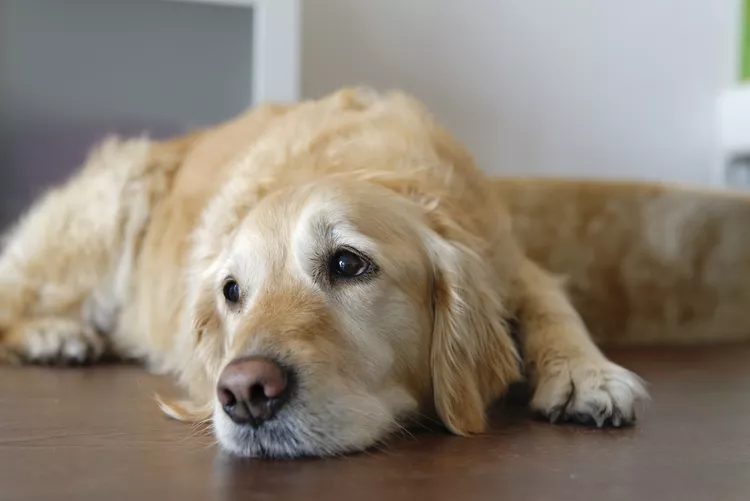
Tetanus in Dogs
Tetanus is an infection caused by bacteria found in soil. It can cause severe symptoms in dogs and even lead to death if not treated promptly.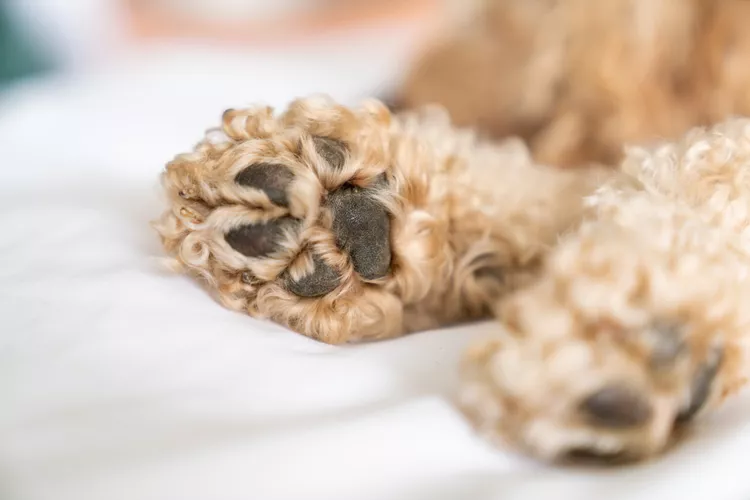
8 Common Dog Paw Problems
It is important to check your dog’s paws regularly for any issues and take steps to keep them healthy and protected.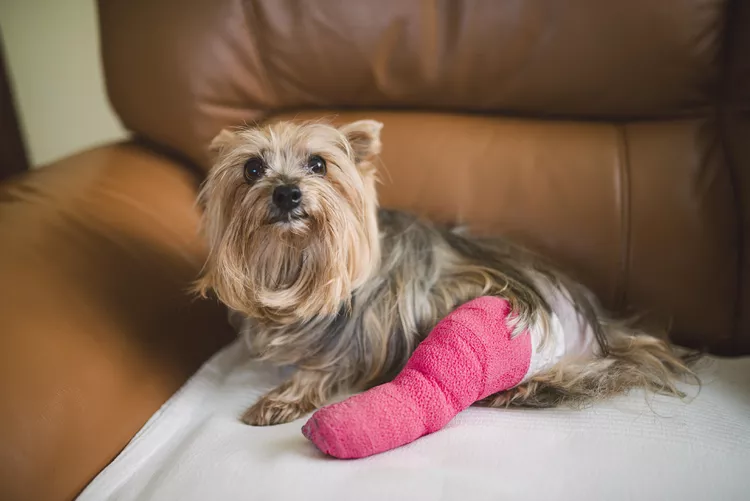
Common Injuries in Dogs and How to Treat Them
Learn about the most common injuries in dogs—whether in their legs, spine, tail, or eye—and how you should treat them with this helpful list.
Can Cats Eat Strawberries? How to Safely Share This Summer Berry
Although cats are primarily meat eaters, strawberries may be an interesting and tasty snack for your feline friend. Find out the risks of feeding strawberries to cats and how to safely let your cat enjoy this fruit.
Is Shrimp Bad For Dogs?
Shrimp can be a healthy, nutritional food for people but can dogs eat them, too? What are the main concerns with feeding shrimp to your dog?
Dog Food Basics
Are you feeding your dog the best way possible? Check out these dog feeding tips to keep your dog healthy and happy.
Rhodesian Ridgeback: Dog Breed Characteristics & Care
The Rhodesian ridgeback is a large hunting dog with a high prey drive. Learn about the breed's history, exercise needs, and more.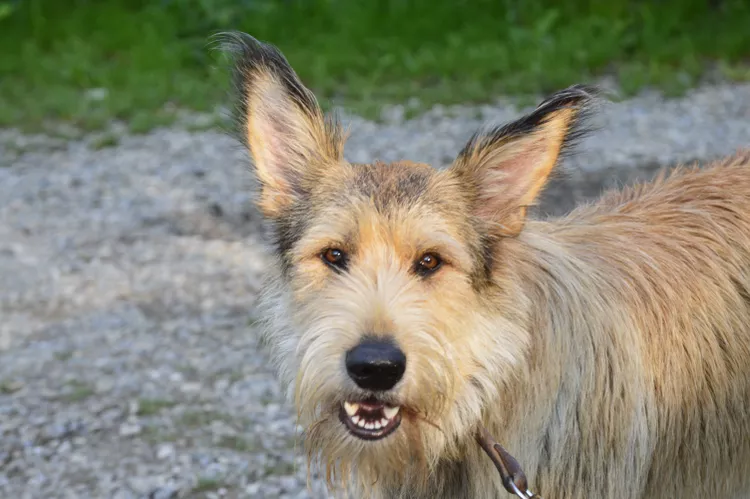
Berger Picard: Dog Breed Characteristics & Care
The Berger Picard is a French herding dog with a friendly smile and shaggy beard. Learn about its history, health, exercise needs, and more.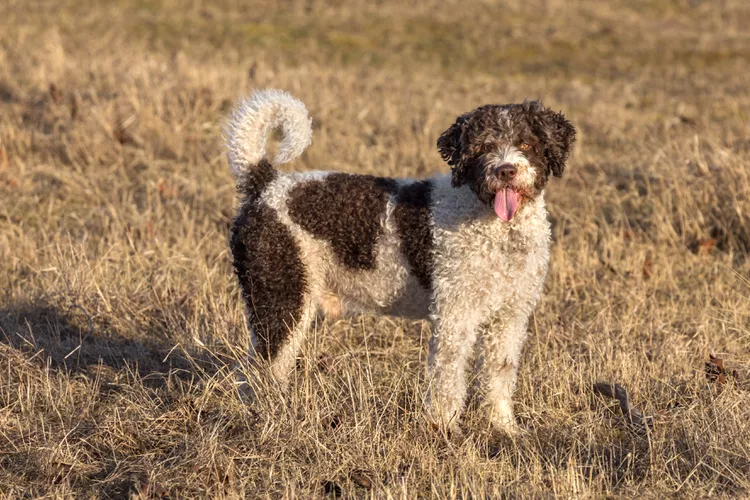
Spanish Water Dog: Breed Characteristics & Care
In the hands of an expert owner, the Spanish water dog shines as an active and faithful companion. Learn about its history, training, and more.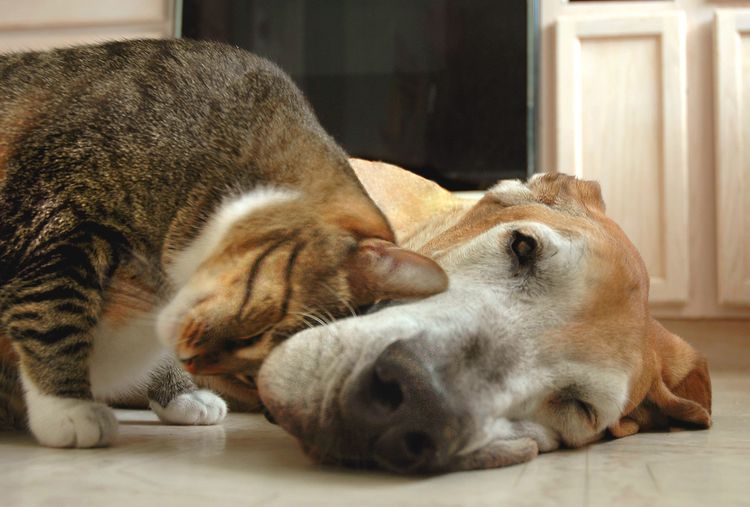
Cat Bunting Behavior: What Does It Mean?
Cats rub their heads against prominent objects to leave scent markings as a part of scent communication.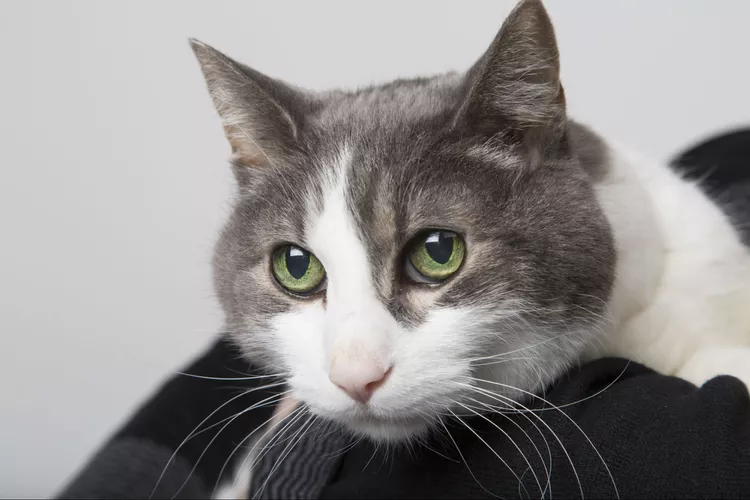
How to Train Your Cat to Stop Urine Marking
Most male (and some female) house cats will mark territory at some point. Learn the causes or cat urine marking and how to prevent this annoying behavior.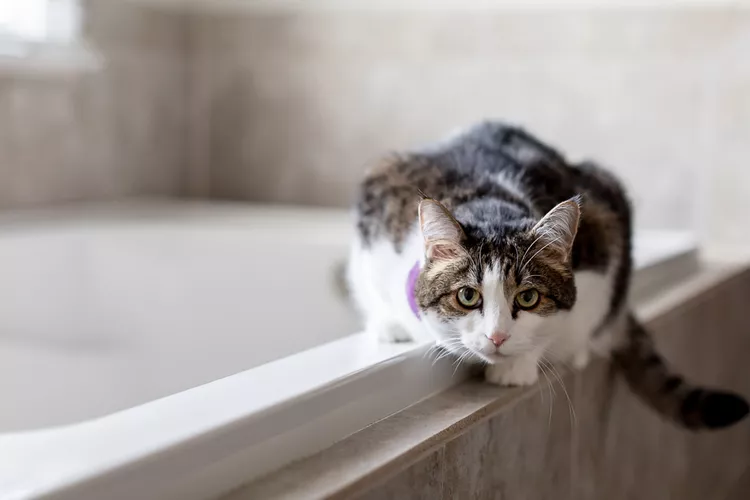
7 Reasons Why Cats Love Bathrooms
Why do cats follow you to the bathroom? Many cats—strangely enough—love the bathroom! Find out why cats seem to love bathrooms so much.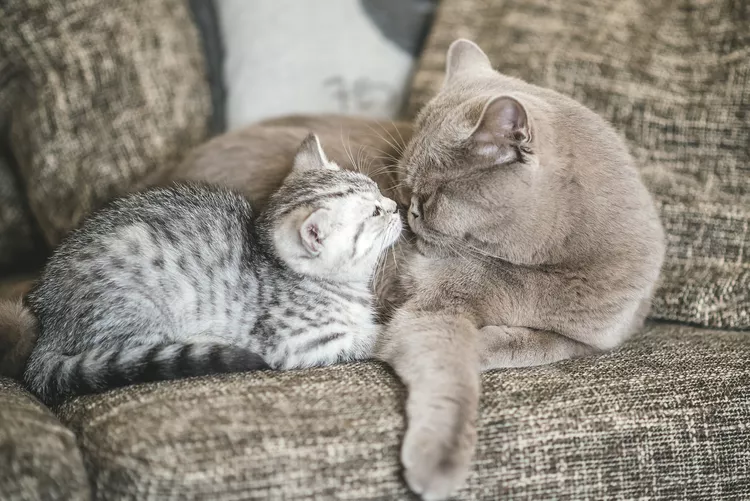
Leptospirosis in Cats
Leptospirosis is rare but potentially fatal in cats. Learn the causes, treatment, and prevention.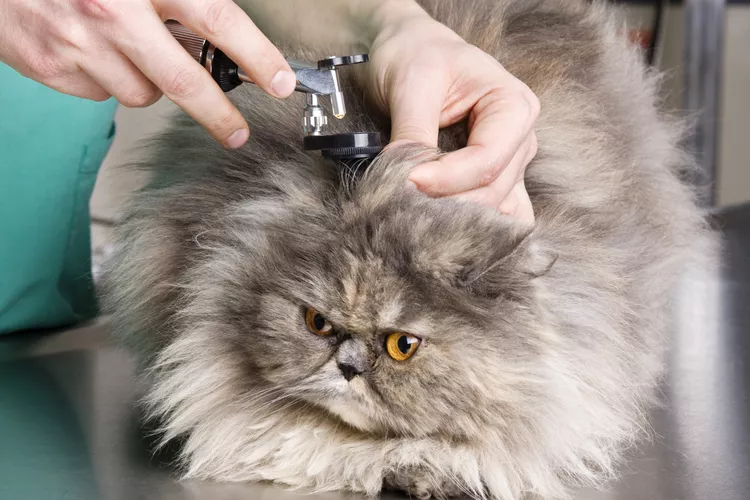
Ear Infections in Cats
An ear infection must be treated based on the source of irritation, which may be internal or external. Learn the causes, treatment, and prevention.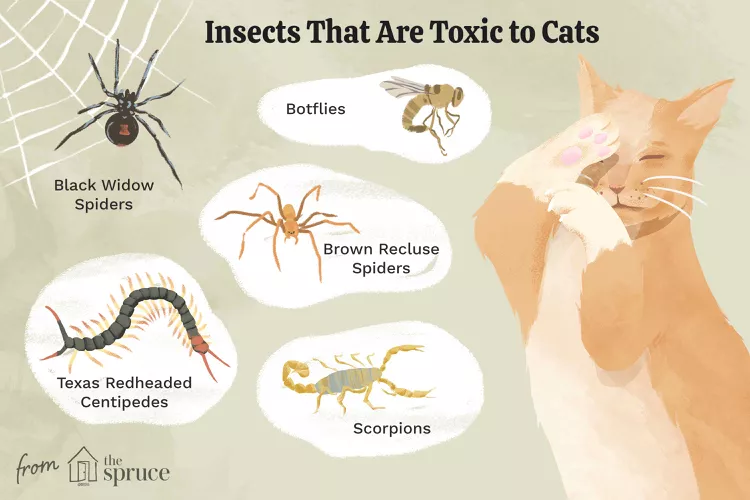
Insects That Are Toxic to Cats
Can cats eat bugs? Some bugs can cause injury or illness to your cat, while others are relatively harmless.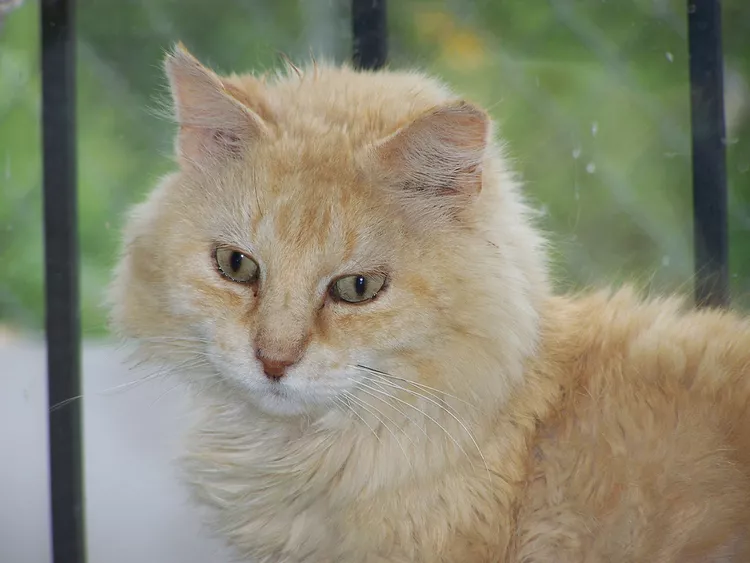
Testing for Contagious Feline AIDS (FIV)
Cats should be tested for the contagious feline immunodeficiency virus or FIV. Cats that are positive for the virus usually live normal lives.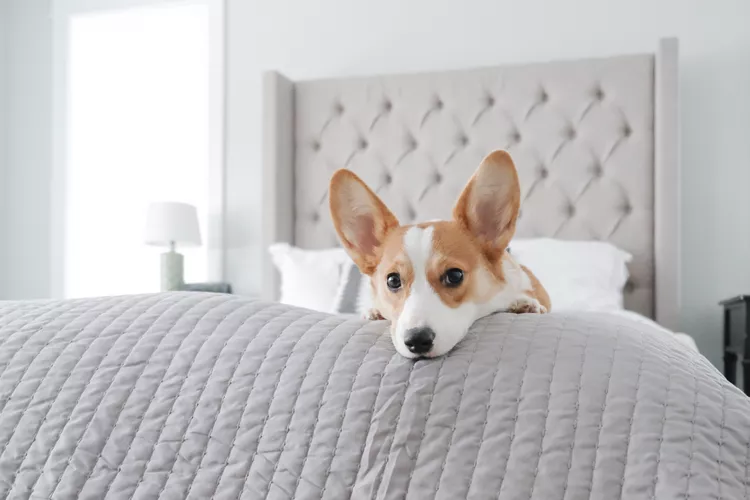
Why Does My Dog Pee on My Bed?
Is your dog peeing on your bed? Find out why your dog is having urinary accidents on the bed and learn what to do about it—plus how to stop the habit.
Why Almost Any Dog Can Do Agility Training
Why Almost Any Dog Can Do Agility Training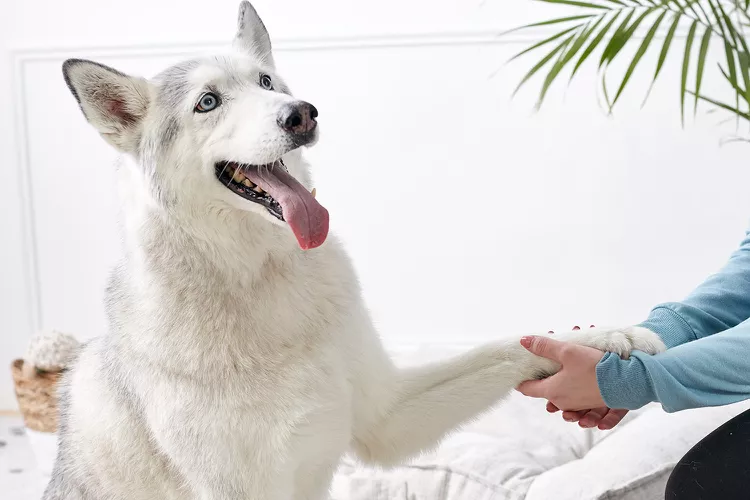
How to Train Your Dog to Shake Paws
Shaking paws is a fun dog trick that most dogs pick up rather quickly Learn how to train your dog to shake in just a few simple steps.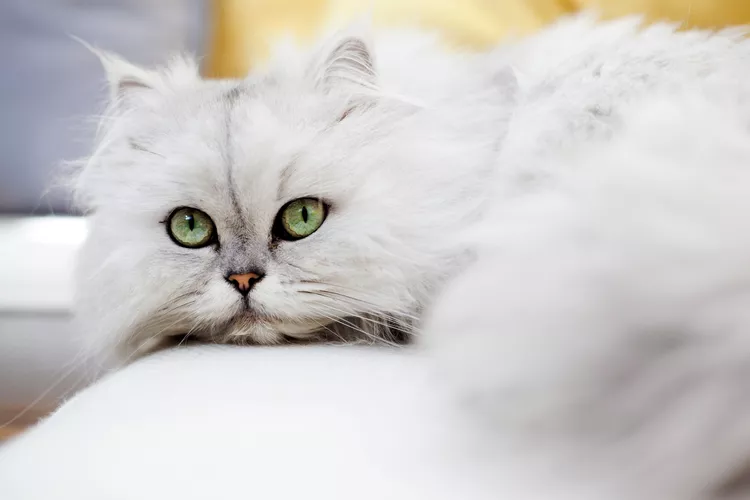
14 Asian Cat Breeds And Their Rich Hiss-tories
Find out more about the cat breeds that originated from Asia. Some breeds include the Persian, Oriental shorthair, and Japanese bobtail.